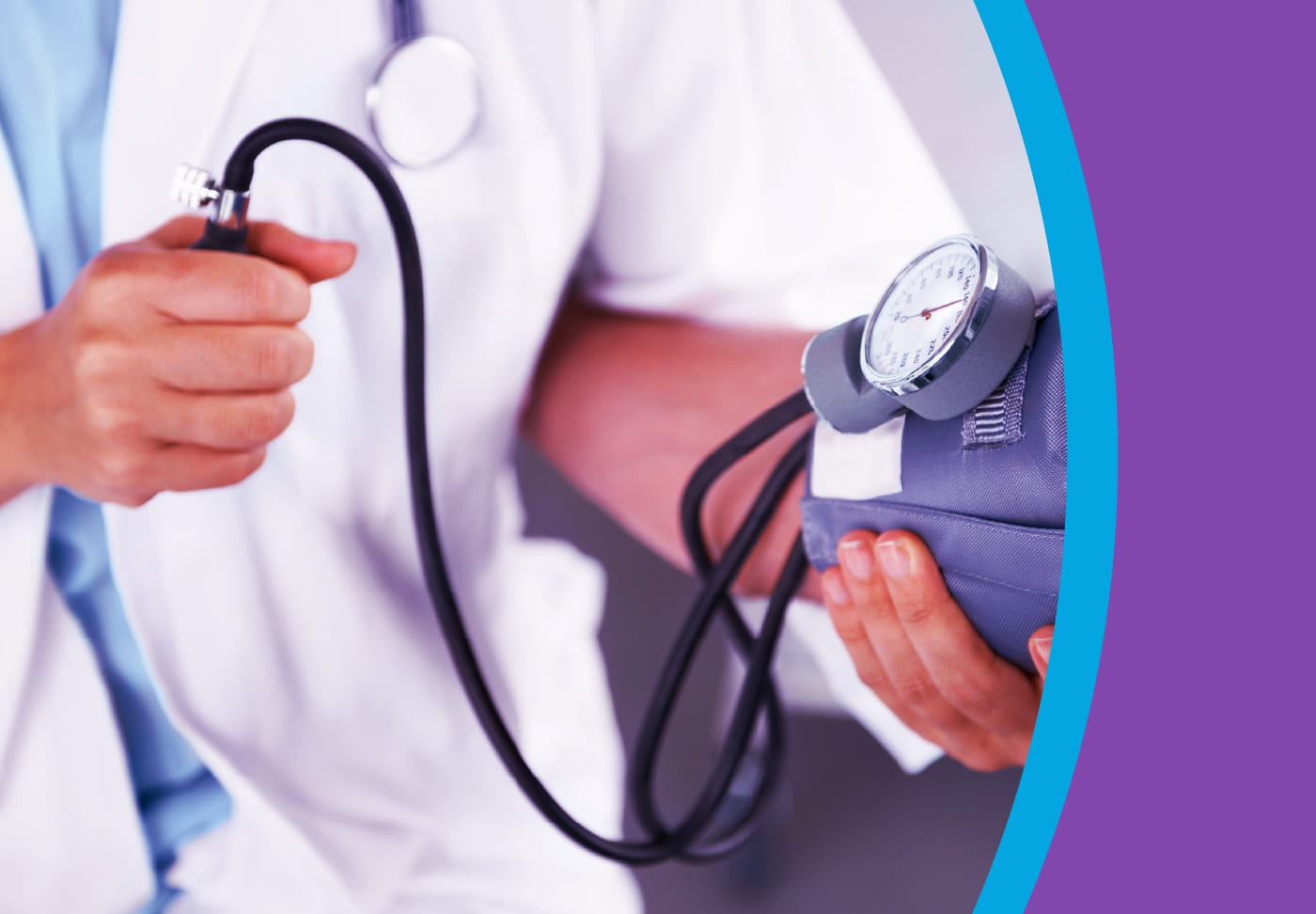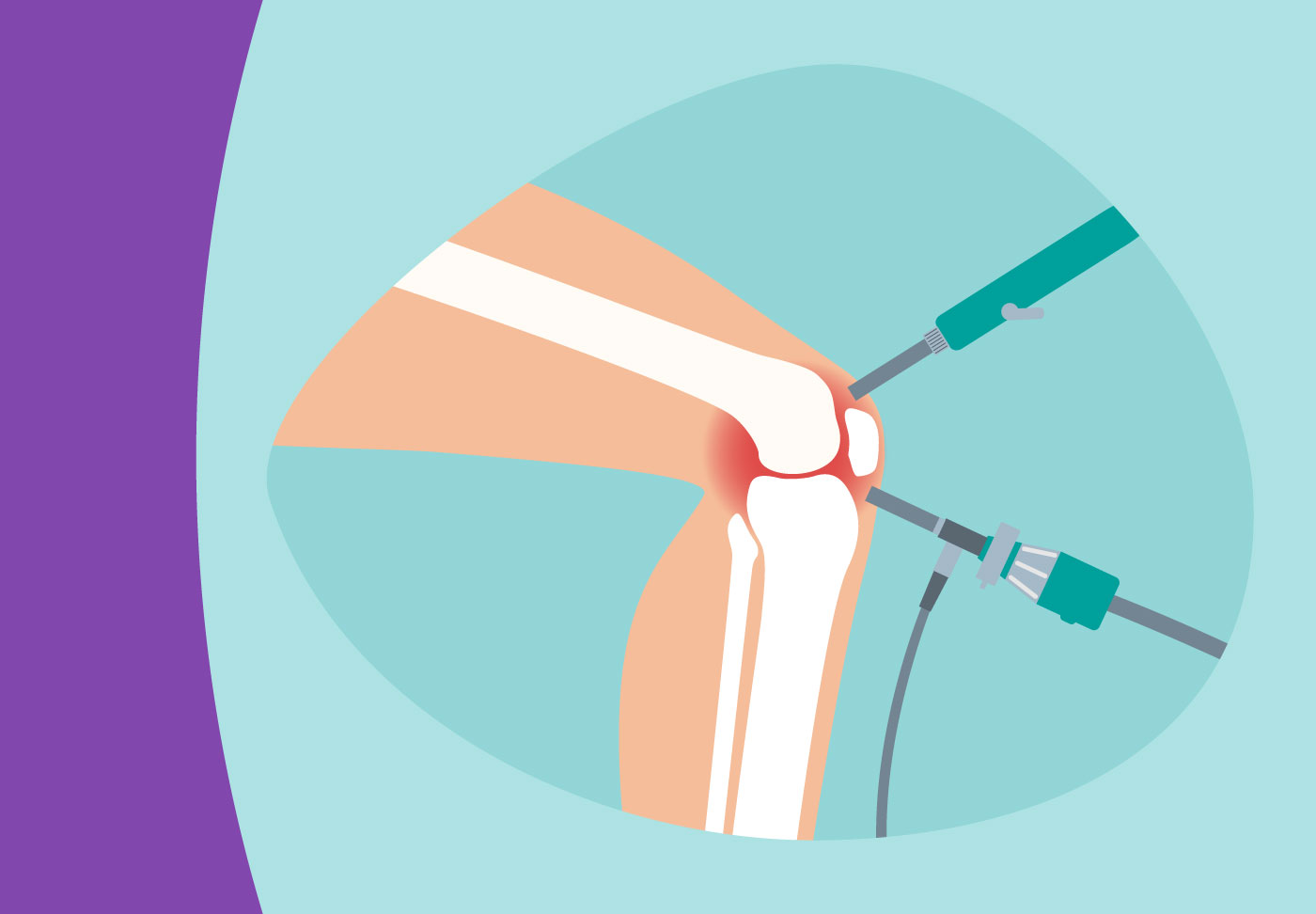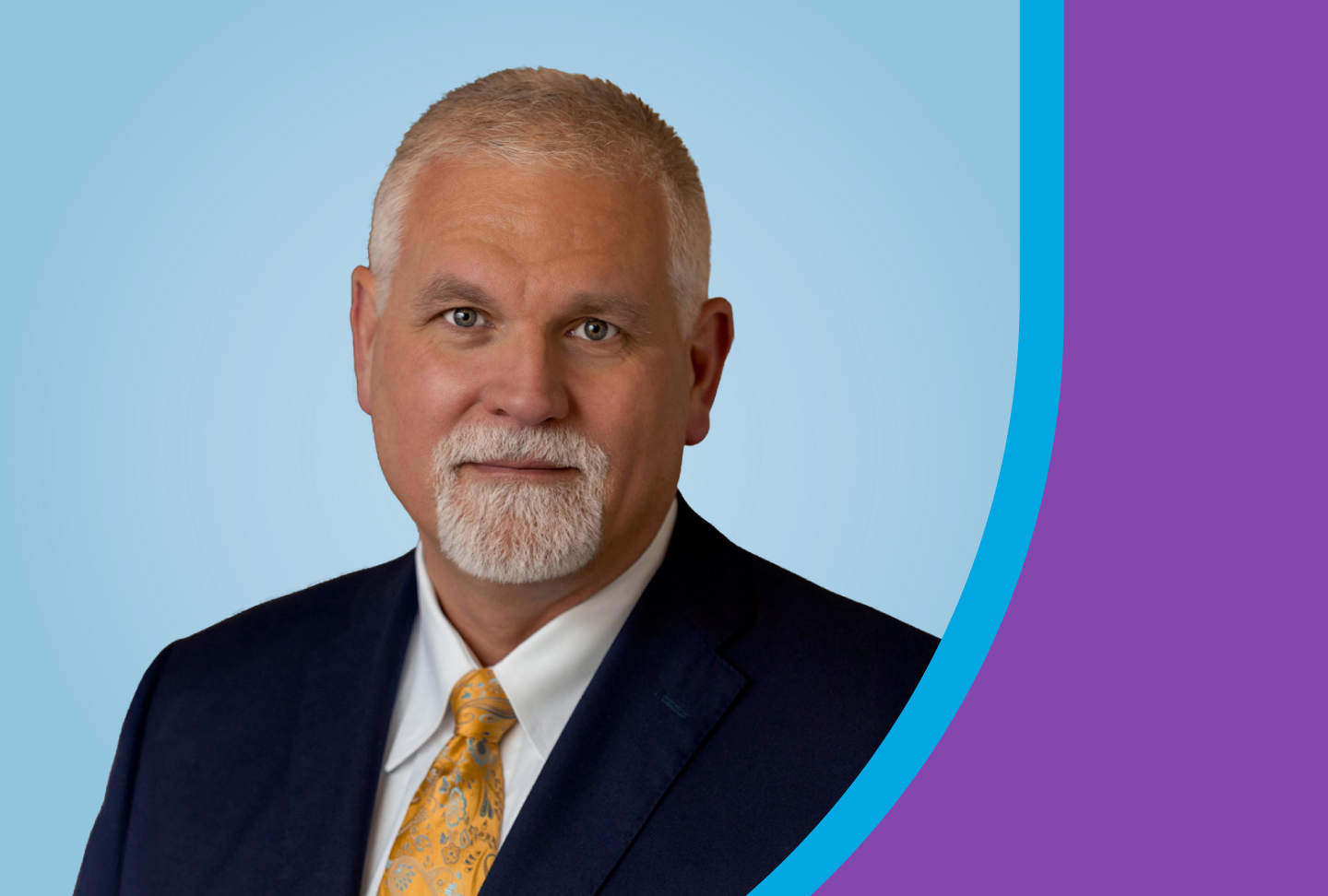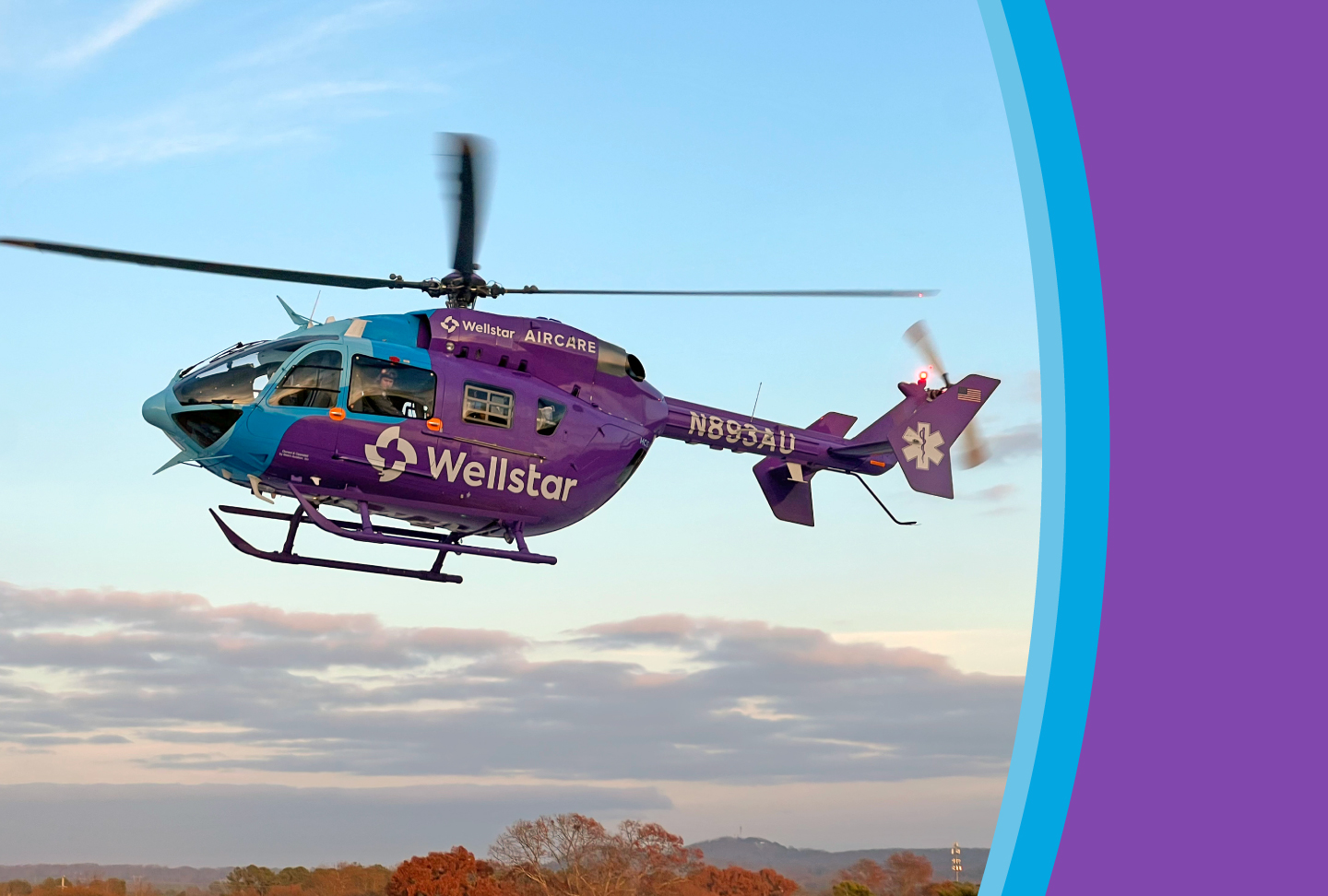Article Category: Newsroom
Wellstar Accelerates Training Next Generation of Caregivers
Published on February 20, 2025
Last updated 11:13 AM February 20, 2025

MARIETTA, Ga. (Feb. 20, 2025) – Wellstar Health System announced today the launch of residency programs at two more of its hospitals: Wellstar Paulding Medical Center in Hiram and West Georgia Medical Center in LaGrange.
Including its partnership with Augusta University’s Medical College of Georgia (MCG) at Wellstar MCG Health, Wellstar will now operate seven teaching hospitals in the state. In addition to Wellstar Paulding and Wellstar West Georgia, four other Wellstar hospitals—Wellstar Kennestone, Wellstar Cobb, Wellstar Douglas and Wellstar Spalding Medical Centers—are already designated as teaching hospitals.
Known as Graduate Medical Education (GME), the Paulding and West Georgia residency training programs will create 60 new physician positions—30 in each hospital. Both programs will focus on internal medicine with an emphasis on rural primary care.
In the last decade, Wellstar has grown its GME program from 14 trainees in 2016 to nearly 300 today, many of whom have remained with Wellstar and in Georgia.
Through Wellstar’s partnership with Augusta University’s Medical College of Georgia, Wellstar MCG Health Medical Center is the primary clinical training site for more than 500 GME positions. The new residency slots mean Wellstar will soon support more than 860 physicians in training.
Wellstar executives said one of their goals is to help fill an increasingly dire need for physicians in rural areas.
“We know that doctors are more likely to stay in communities where they train,” said Wellstar President and CEO Candice L. Saunders. “Because of that, we’ve committed significant resources to training physicians who care for people in rural areas where the need is much greater for highly skilled clinicians.”
“We must all work together to ensure students who graduate from medical schools in Georgia can remain in our state for residency and beyond,” said Augusta University President Russell T. Keen. “Programs like these are an essential part of ensuring a healthier future for our state. I am thankful to our educational partners at Wellstar for their vision and investment and I look forward to finding new ways to ensure our partnership continues to positively impact the lives of the people of Georgia.”
Later this year another hospital that serves rural areas, Wellstar Spalding in Griffin, will graduate its first class of resident physicians. The 10 graduates will be offered positions within the healthcare system. Wellstar is also pursuing a Rural Track Program (RTP) designation, which would allow for additional physician trainees to be based at Wellstar Kennestone but practice at rural hospitals across the state.
“Besides improving the health and wellness of Georgia’s rural communities, we’re also helping to make them stronger economically,” said Dr. Val Akopov, senior vice president of Wellstar Medical Group. “These new physicians and their families live and work in these small towns, which positively enhances our shared vision for our state.”
“Now with 304 students per class, Medical College of Georgia is among the top five largest medical school class sizes in the nation but is a net exporter of medical students,” said MCG Dean Dr. David Hess. “Growth in undergraduate medical education is only one part of addressing our nation’s and state’s growing physician shortage. We must also invest in GME—Georgia is one of the fastest growing and most populous states yet we still rank 40th in residents per capita. Statewide growth and expansion of residency slots is certainly a step in the right direction.”
Wellstar is also investing in its current educational portfolio through the expansion of its medical libraries, capital improvements to its Center for Healthcare Simulation, the construction of a new Anatomical Skills and Research Lab and new medical technologies to assist patients at the bedside.



